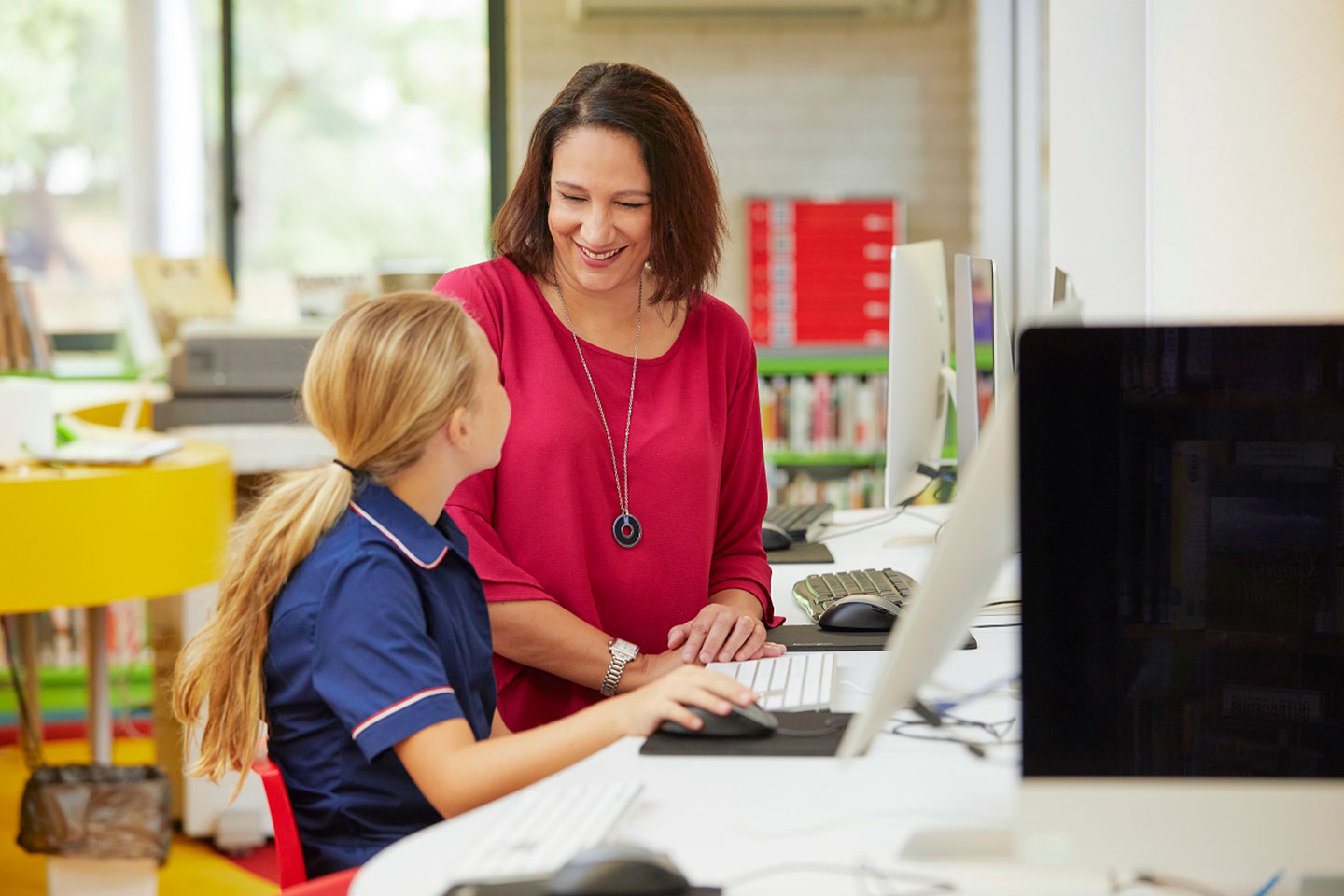

This year began as the dawn of a new decade with limitless opportunities that we only needed to grab and explore, how different the world looks five months in!
2020 has highlighted many aspects of our daily lives however one stands out from the rest, our need to connect with those around us. This has been the anchor during a time of uncertainty and change.
Being relational is something we all aim to do, yet, it is also a concept that has a myriad of meanings. One that resonates with me is living in recognition of an interconnectedness with others. I find this understanding particularly useful as it requires an ability to be self-aware so we can ensure our interactions with others are meaningful, reflect engagement, display clarity of thought, show generosity of time and a sense of humility.
The idea of being relational has taken on new meanings this year and, whether introverted or extroverted, one inescapable fact is that personal fulfillment comes when we are working, learning and being in connection with others.
At St Stephen’s School the idea of a relationship-centred model of teaching and learning is central to our philosophy of education. The old paradigm, that many of us experienced, where the teacher was the ‘font of all knowledge and wisdom’ is no longer valid. Today the role of the teacher is that of a facilitator. Where learning is shared and students are encouraged to have more agency in their learning. More innovation, student-voice, critical thinking, questioning of facts and respectful debate are hallmarks of the contemporary education landscape.
This personalised approach to teaching and learning recognises diversity and different interpretations each individual brings to their learning. It allows students to connect with information on a more personal level enabling the recalling of content in a manner that best suits the needs of the individual child.
The relational role schools and educators play has recently been emphasised in the transition to online learning due to the COVID-19 pandemic.
Like many other schools, St Stephen’s School, received feedback from parents and students saying they missed the daily interactions of the classroom and parent conversations with staff members, the things that were often taken for granted became the things people yearned for.
The understanding that through classroom conversations and discussions, deep learning takes place and the questioning of how and why things are as they are adds to the complexity of teaching and learning in the 21st century.
Teachers also assist students with social and emotional development, helping them to navigate situations and decisions wisely. All of this is possible because of our investment in relationships and the opportunities they present.
The overwhelming educational evidence tells us that students who feel connected to school are more likely to succeed, have less absenteeism, are more engaged in their learning, achieve better outcomes and are more motivated in studying.
By emphasising the importance of connecting with people, students learn to value differing viewpoints, opinions and experiences, all of which result in a richer educational experience.
The development of empathy and compassion, coupled with curiosity and knowledge are character traits evident in students who have understood the importance of relationships and a sense of connection. Traits that are in demand beyond the school walls.
Graduates who understand the importance of working as a team and strong workplace relationships develop into employees who have a sense of wellbeing and reflect motivation and engagement.
Positive workplace relationships affect job satisfaction, retention rates, productivity, morale, and organisational culture leading to opportunities for growth.
Some may argue that the time taken to form these relationships may reduce productivity at work in the short term. While this may be true, I believe taking time to understand the people you work with creates the potential for more long term sustained growth. Growth that is not only limited to the outcomes of the organisation but to the betterment of our society.












